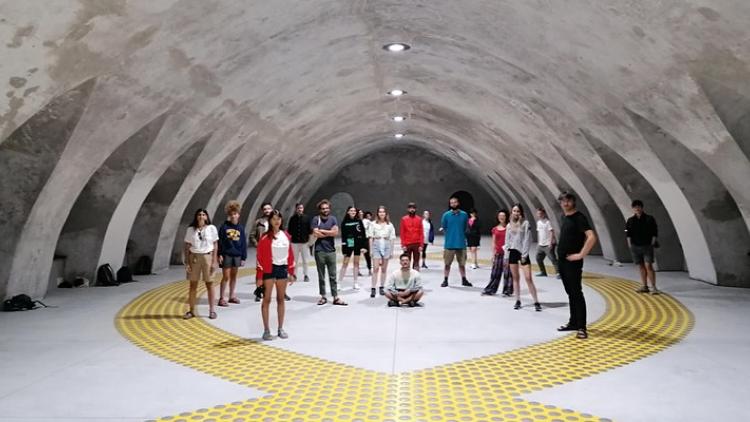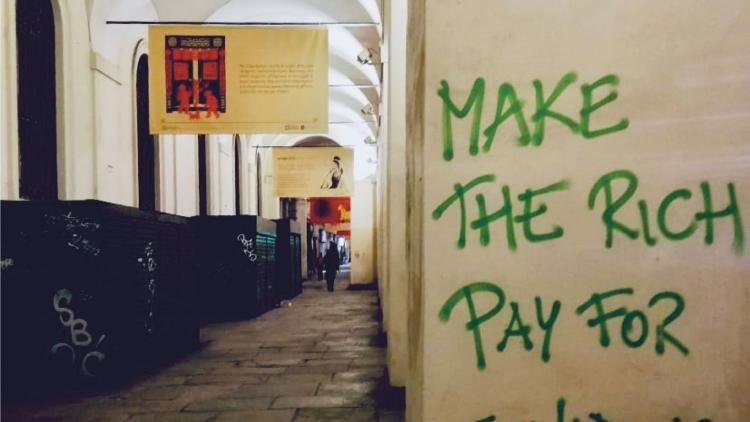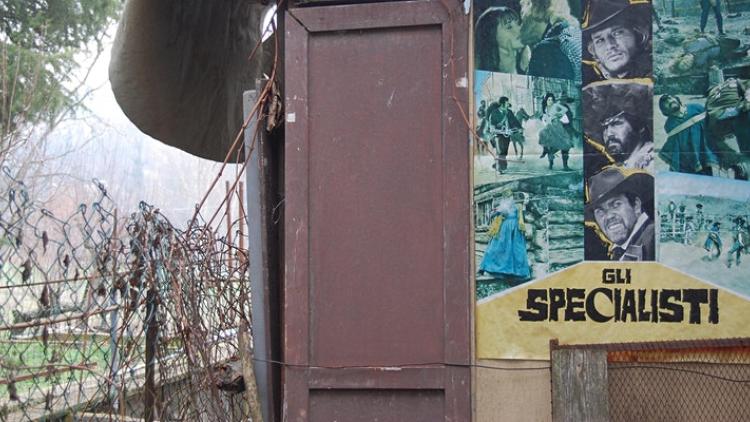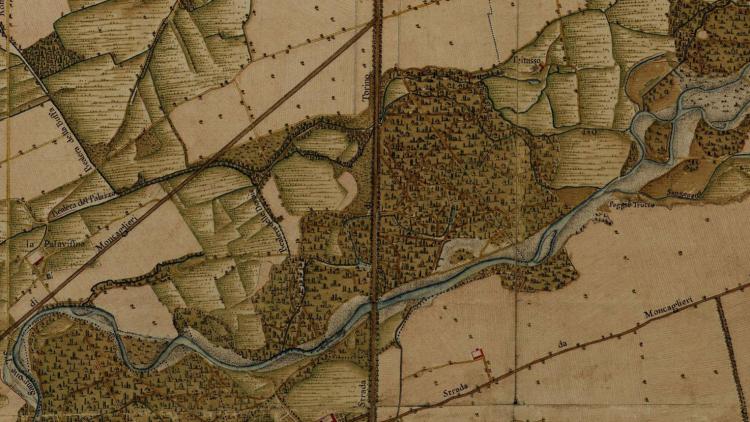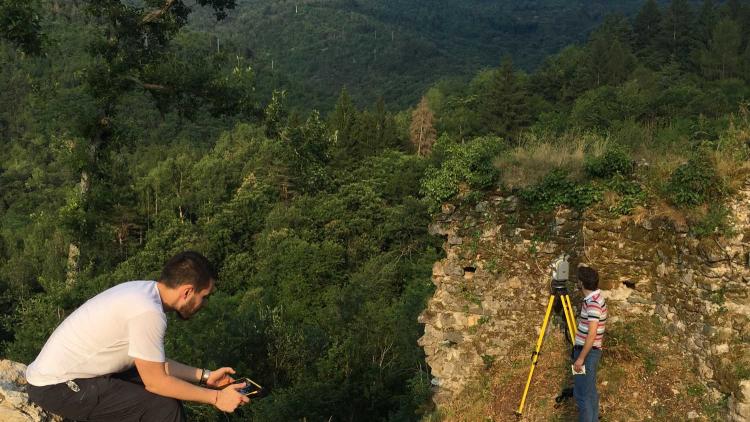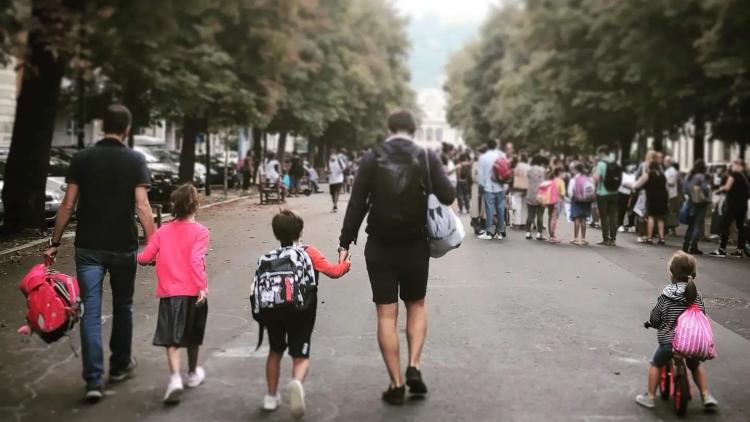Cities and universities. Socio-spatial dynamics of a complex relationship and their implications for urban policies
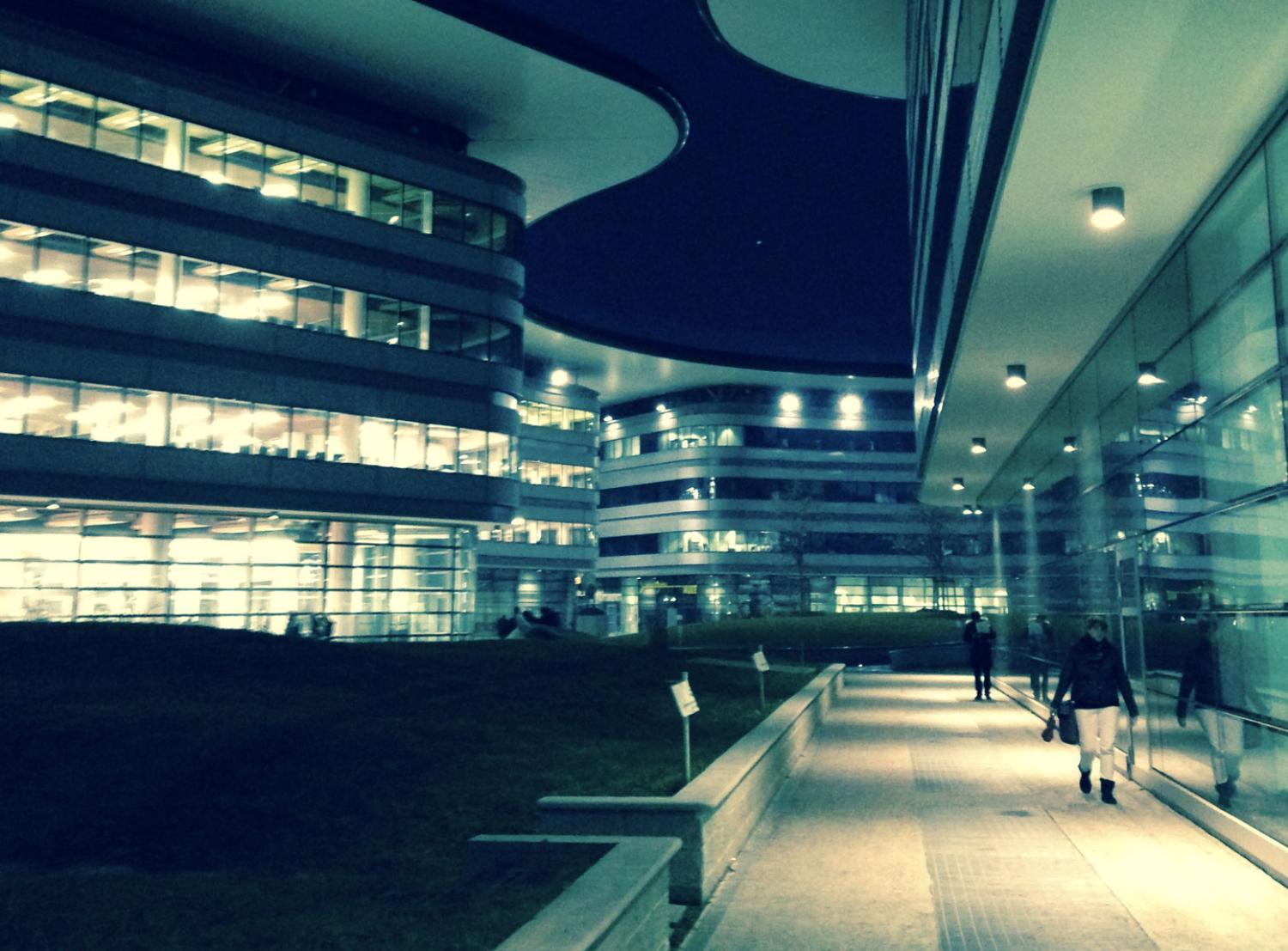
Photo: Marco Santangelo
Questo evento è in lingua inglese.
È possibile seguire l'incontro prenotandosi con Eventbrite cliccando sul bottone qui in basso. L'incontro sarà successivamente disponibile online nella pagina YouTube del dipartimento DIST.
The phrase “town and gown” once used to describe the relationship between universities and the urban context in which they are located implies an understanding of the two as separate spheres. However, it is increasingly evident that complex, indirect, and hidden entanglements characterise the city-university nexus within the global paradigm of the knowledge economy. Universities may be seen as urban developers whose action impacts substantially on the built environment. Their capacity to implement an attractive and competitive educational offer and research environment triggers the arrival of students and academics from other regions and countries, thus transforming the demographic profile of a city. Through the attraction of highly mobile, cosmopolitan, and skilled populations, universities indirectly contribute to activate new urban economies that span from a new retail offer to the transformation of the housing market. These and other examples of how universities have become one of the most powerful actors of urban transformations will be discussed at the workshop Cities and universities. Socio-spatial dynamics of a complex relationship and their implications for urban policies.
Through the contribution of various international experts, the workshop will offer a wide range of perspectives on the complex university-city nexus, showing how the urban effects of universities activity are not limited to their capacity to function as providers of skilled workforces and as research centres contributing to regional economic development. The massification and commodification of university education, the mantra of global competitiveness, and the imperative for cities of being attractive lay at the core of heterogeneous urban processes that Higher Education institutions participate in activating. These processes encompass the transformation of the housing market, urban renewal interventions at the neighborhood scale, changes in the retailscape of a specific area, and the opening of private student residences.
However, these processes may reveal another side of the coin, constituted by spatial, socio-economic and cultural inequalities, both on an urban scale and within those areas particularly affected by these transformations. These could emerge in multiple forms, such as conflicts over the use of public space between students and residents; the replacement of services of general interest aimed at the resident population with others designed for a highly mobile population; difficult access to affordable accommodation; displacement, etc. To what extent the production of urban spaces linked to the increasing relevance of universities within global knowledge capitalism and interurban competition may be balanced by the pursuit of inclusive, sustainable, and just cities?
These questions and issues resonate with the Sustainable Development Goal 11 and build a bridge between the workshop and a research project on the urban effects and exclusionary dynamics related to university student mobilities, conducted by the DIST team of the Horizon2020 project “SMARTDEST. Cities as mobility hubs. Tackling social exclusion through smart citizen engagement”.
- 15.00 – 15.10 Introduction by Loris Servillo (DIST-Politecnico di Torino & H2020 SMARTDEST)
- 15.10 – 15.55 Universities as urban institutions. Attractive policies, branding, and urban growth strategies
- Louise Kempton - Great Expectations? The role of universities as civic anchors in place
- Jean-Paul Addie - Producing Knowledge/Space: Urban Universities in the Knowledge Metropolis
- Daniel Malet Calvo - International students and the tourist city: intersections between three sectors of Lisbon's urban economy
- 15.55 – 16.10 Q&A
- 16.10 – 16.20 Break
- 16.20 – 17.05 Student housing. Risks and opportunities
- Antonio Paolo Russo - Venice and its graduate students: a relationship in peril. An examination of life choices and abandonment drivers
- Silvia Mugnano – Brain drain and housing inequalities. Evidences from Milan
- Nick Revington - Real estate markets and housing dynamics at the city-university nexus
- 17.05 – 17.20 Q&A
- 17.20 – 17.30 Break
- 17.30 – 18.00 Discussion – Chaired by Samantha Cenere (DIST-Politecnico di Torino & H2020 SMARTDEST)
Jean-Paul Addie is Associate Professor in the Urban Studies Institute at Georgia State University. He is a critical urban geographer with expertise in urban and regional governance, the politics of infrastructure, and the geographies of higher education. He served as PI on the European Commission-funded project Situating the New Urban University, and has published articles at the intersection of universities, urbanization, and city-regionalism in journals including Regional Studies, CITY, Urban Affairs Review, European Planning Studies, and Urban Geography. He is currently researching student life under racial capitalism in Atlanta, Georgia.
Louise Kempton has over 25 years’ experience in local, regional and international economic development as a policy maker, practitioner and researcher. She joined Newcastle University’s Centre for Urban and Regional Development Studies (CURDS) in 2011, where her main area of focus is contributing through research and policy development to the shaping of an evolving understanding of the role of universities as ‘anchor’ institutions in local/regional economic growth and innovation. She is also interested in the process of building local collaborative leadership to develop innovative solutions to meet local challenges and opportunities.
Daniel Malet Calvo holds a PhD in Social Anthropology (2011) from University of Barcelona where he also have graduated with a BA in Social and Cultural Anthropology (2005), and a BA in History (2011). He has carried out ethnographic, qualitative research in Barcelona (Spain), Lisbon (Portugal), Santiago Island (Cape Verde) and the city of Santiago (Chile). Currently, as an assistant researcher in the Centre for Research and Studies in Sociology (Cies-Iscte), he is developing research about student mobility, policies of higher education and the transformation of urban settings prompted by the presence of international students.
Silvia Mugnano is Associate Professor of Urban and Environmental Sociology at the University of Milano Bicocca. She holds a MA in Sociology and Social Research at the University of Essex and a PhD in Social Policy at the University of Bristol. She has always researched on extreme forms of housing exclusion and has collaborated with FEANTSA in Brussels. She has been part of several EU projects on housing: RESTATE (Restructuring Large housing Estates in European cities), and ACRE (Accommodating creative Knowledge- competitiveness of European Metropolitan Regions within the Enlarged Union). Since 2020, she has been conducting research on young adults and housing within the framework of the project Milano 2035.
Nick Revington is an assistant professor of Urban Studies in the Centre Urbanisation Culture Société at the Institut national de la recherche scientifique in Montreal, Canada. His research interests include the political economy of housing markets and urban development, the residential geographies of students and young adults, and the urban impacts of universities. His most recent work examines the emergence of the private purpose-built student accommodation sector in Canada, appearing in Urban Studies, Antipode, and Environment and Planning A. He is presently beginning a pan-Canadian study of urban change in near-campus neighbourhoods since the 1980s.
Antonio Paolo Russo is Professor of Urban Geography with the Department of Geography, Universitat Rovira i Virgili, Tarragona. He is the coordinator of the PhD program in Tourism and Leisure, and lectures in pre-and postgraduate courses in destination management and cultural tourism. Dr. Russo is author of 40+ publications in academic journals and books, on research topics ranging from tourism studies to cultural and urban geography. Currently, he leads the H2020 project "SMARTDEST" tackling tourism mobilities and social exclusion. He is also coordinating the Special Interest Group “Space Place Mobilities in Tourism” in ATLAS.
Questo evento è in lingua inglese.
È possibile seguire l'incontro prenotandosi con Eventbrite cliccando sul bottone qui in basso. L'incontro sarà successivamente disponibile online nella pagina YouTube del dipartimento DIST.



